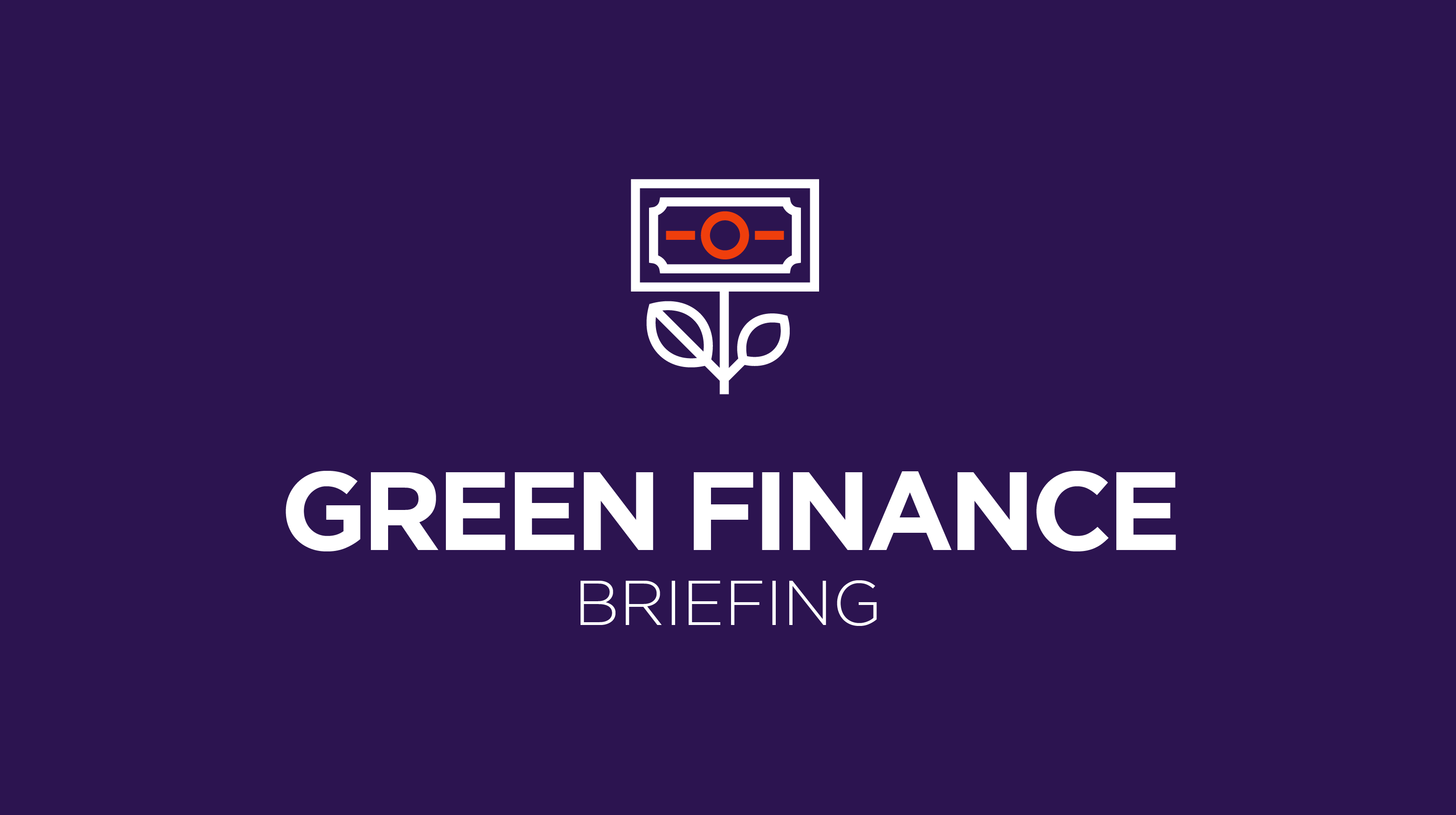Green Finance
Green Finance Briefing: US banks continue fossil fuel financing
- Proposals to stop fossil fuel financing at major US banks were rejected by the majority of shareholders, but the initiatives hope to gain more ground next year.
- The war in Ukraine is pressuring global central banks and the energy sector, causing a slowdown in green financing during the first quarter of 2022.








